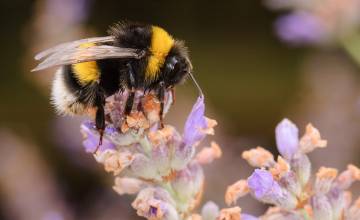Purple bacteria : a new hope for sustainable food systems ?
The Purple4Life initiative, coordinated by UMONS with support from its European Project Office, is built on the potential of purple bacteria, which can convert agri-food by-products into high-value nutritional compounds. According to Baptiste Leroy, researcher at the Proteomics and Microbiology Department of UMONS (Prof. Ruddy Wattiez) :
“Purple bacteria have a high protein content (>50%) of excellent quality and are already being studied as an alternative protein source. Their main advantage lies in their ability to grow on a wide range of carbon sources, including industrial by-products such as molasses or whey”.
Beyond their protein richness, these bacteria stand out for their exceptionally high content of coenzyme Q10 (CoQ10) and carotenoids—compounds with strong antioxidant properties, beneficial to both human and animal health.
Multiple applications in health and aquaculture
One of the main focuses of the Purple4Life project is to explore how Coenzyme Q10 could serve as a natural dietary supplement, particularly for elderly individuals or those with deficiencies. At the same time, researchers are investigating the potential of carotenoids as a sustainable alternative to synthetic additives currently used in aquaculture.
“We will also analyze the psychological barriers to the use of this new type of food,” explains Baptiste Leroy. “In addition, the use of purple bacteria as a feed additive for salmonids will be tested”.
The success of the project hinges on a major technical challenge: achieving pilot-scale production within the next two years. This key milestone will allow the team to validate the health benefits of purple bacteria and meet regulatory requirements—essential steps before any move toward industrialization.
A step toward sustainable and innovative food systems
By transforming by-products into nutrient-rich food ingredients, the Purple4Life project fully aligns with the ambitions of the Farm to Fork strategy and European food security goals. A comprehensive life cycle analysis will also be conducted to ensure the environmental footprint of the process is minimized.
The project’s official launch event took place on June 10 and 11 at UMONS, bringing together all partner institutions.
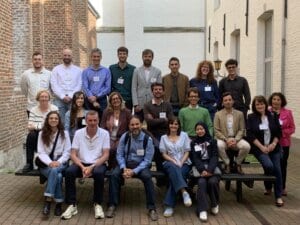 |
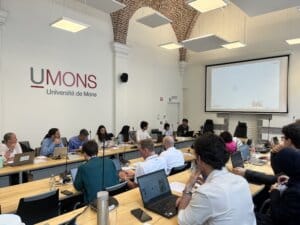 |
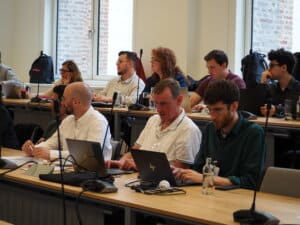 |
| Purple4Life is a European project funded under a HORIZON Research and Innovation Action (RIA) – Circular Bio-Based Europe Joint Undertaking (CBE JU). It is coordinated by UMONS, in collaboration with the following partners: UAntwerp, TU Delft, Universidad Rey Juan Carlos, Consiglio Nazionale delle Ricerche (CNR), UCLouvain, Imperial College London, Nofima, Pablo de Olavide University, Fraunhofer Institute, SPI – Sociedade Portuguesa de Inovação, and Comenius University of Bratislava. | 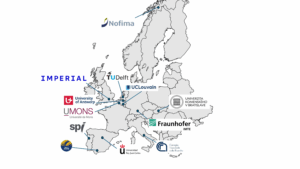 |
 |
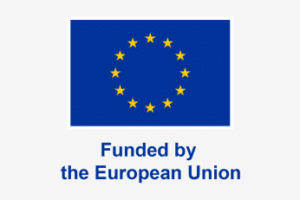 |
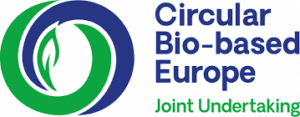 |
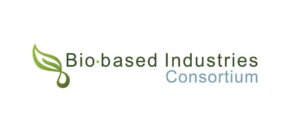 |

